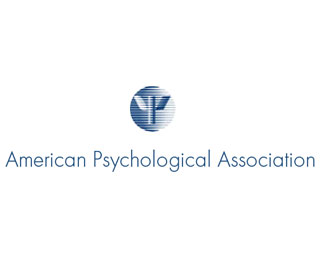
According to the revelations, teenage souls who have made Facebook their second home seem to show narcissistic behaviors. Additionally, young adults who spend more time on this site may exhibit many psychiatric tendencies like antisocial actions, mania and aggressiveness. Frequent exposure to media may affect the health of kids, preteens, and teenagers negatively. This is because they seemingly become more vulnerable to anxiety, depression and other such issues. Some problems may arise later in life too.
The analysis reveals that Facebook may also hamper education by disturbing the learning process. It came to light that middle school, high school and college students who opened Facebook for a minimum of once in a 15-minute study phase gained less marks.
“While nobody can deny that Facebook has altered the landscape of social interaction, particularly among young people, we are just now starting to see solid psychological research demonstrating both the positives and the negatives,†remarked Larry D. Rosen, PhD, professor of psychology at California State University, Dominguez Hills.
Though the negative aspects look rather apparent, the benefits of social media cannot be overlooked. The team revealed that young adults devoting more time to the aforesaid site appeared to show more visual empathy to their online friends. Also, it can introverted teens overcome their shyness and share views in the open behind screens of a 2-inch smartphone to a 17 inch laptop. Scientists believe that this kind of networking can provide avenues to make the learning experience all the more engaging.
Rosen advises parents that solely monitoring the child’s online actions will not bring in the desired effect. There has to be some trust involved in the interaction so that if the person faces any kind of problems, they can talk freely to their parents. He guides guardians to have a look at their child’s profile, and inform them to eliminate any sort of objectionable content or troublesome individuals. They also have to keep a check on the sites, apps and tech used by their children. He concludes that parents should be keen on lending a ear to their kid’s conversation. The parent listen to parent talk ratio ought to be at least 5:1.
The findings were presented at the 119th Annual Convention of the American Psychological Association. This study is a part of a plenary talk titled, ‘Poke Me: How Social Networks Can Both Help and Harm Our Kids’.
